Distributed by Perseus Distribution (www.perseusdistribution.com) To place orders through Perseus Distribution: Tel: 800-343-4499 Fax: 800-351-5073 E-mail: Significant discounts for bulk sales are available. Please contact Glenn Yeffeth at or 214-750-3628 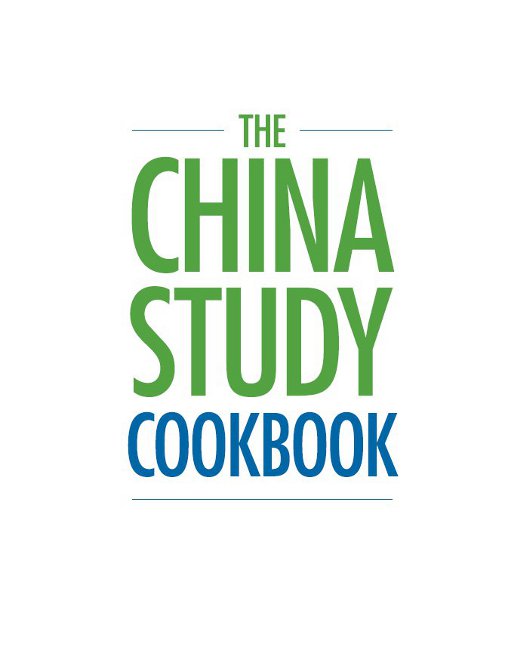
ACKNOWLEDGMENTS
We went through several steps in putting together this cookbook, one of which involved testing the recipes. The TCC Foundation organized the initial testing process. There were many wonderful people who assisted with testing, including Dan and Becky Mikles, Nancy Porteous, Julia Sokol, Kathy Pollard, Dawn Shepard, Ann Parkin, Patricia Hale, Louann Savage, and Richard Revell. Later the recipes were retested. Amber Gilbert, the wonderful, vegan chef retested several of them.
However, I would really like to thank my mother, Karen Campbell, who helped test the recipes throughout the entire process. Once the recipes were perfected, we prepared the different dishes so we could take pictures of them. I would like to thank Steven Campbell Disla, my son, for taking the photographssometimes more than 150 pictures for each recipe. I would also like to thank those who assisted in preparing the recipes to be photographed: my mother, Karen Campbell, once again; my sons, Steven and Nelson Disla; and their close friends. They spent countless hours helping make this book a reality. As Steven said, God, why do I always smell like onions? I would also like to thank those who contributed their own recipes to this cookbook.
In particular, I want to thank my sister-in-law, Kimberly Campbell, who has been preparing plant-based meals for more than twenty years. I would also like to thank my mother for contributing her recipes to this cookbook. As we all know, she is AMAZING. And finally, I would like to thank all the people who provided moral support for this project. Friends, such as Meredith Condor and Beth Silberman, always provided a vote of confidence and encouragement. My familyespecially my parents, Karen and Colin Campbell, and my sons, Steven and Nelson Dislawere instrumental in this entire process.
Without them, this book would never have happened. Their continual support and encouragement made the whole book possible. And Dad, thanks for always pushing me to stay on track, even when I had other things to do. You guys are the BEST!
I am prejudiced, and I might as well say so up front. The author of this book is my daughter, LeAnne Campbell. But, prejudiced or not, I know her style of cooking, her recipes (Ive tried many), her commitment to good nutrition, and her ability, as a very busy professional, to prepare quick, nutritious meals.
LeAnne engaged her whole family to assist with this project. Both of her sons were ready and willing to help, and they have now become good cooks in their own right. (Her son Steven also took the photos for this book.) Her mother, Karen, and her sister-in-law, Kim, added a few recipes and helped with the taste testing. And I helped toowith the tasting, that is. The recipes in this book are consistent with the health message of The China Study, which my son, Tom, and I wrote. This book is written with the intent of helping people prepare quick, nutritious meals after a hard days work.
One of the features of LeAnnes book is her use of recipes that contain no added fat and little or no added salt, and that make minimal, judicious use of sweetening agents. Some folks who cannot quite accept the idea of not using oil or fat in their daily diet may question her no-added-fat strategy, but the scientific evidence shows that we should try to avoid using added fat, especially for those who are either at high risk of getting a degenerative disease (which is most people) or who have already been diagnosed with one (e.g., cardiovascular diseases, cancers, diabetes, and other metabolic disorders, and obesity). I am using the term added fat in order to distinguish it from whole plant-based foods that are high in fat, because the latter often contain a natural supply of antioxidants, fiber, and the right kind of protein. I know that for many people who have always eaten the typical American diet, switching to a no-added-fat diet can be challengingat least at first. But its important to know that fat has been proven to be addictive, often causing people to consume increasing amounts over time. Eventually, it becomes quite difficult for many people to recover from this addiction.
As with any other addiction, some people not only find it difficult to switch, but they can become unusually defensive about their preferences. But change is possible. It only takes time, perhaps as much as a few months for some individuals. And once that change is achieved, we discover new flavors among whole plant-based foods that we hardly knew existed. Once people arrive at this healthier place, many then discover that if, out of curiosity, they switch back to that old dish floating in fat, they experience some difficultiesperhaps even real intestinal disturbancesor they may find that the old stuff tastes more like a bad dose of grease. I have often been askeda few hundred times, I thinkwhat do my family and I eat? Although I try to respond on the spot, I know well that my very limited answers cannot be satisfying to those looking to make real lifestyle changes.
Now I am happy to say that there is a cookbook that comes about as close to the real deal for our family as I can imagine. This is it. T. COLIN CAMPBELL, PHD Coauthor of the best-selling The China Study, Professor Emeritus of Nutritional Biochemistry, Cornell University
What one eats is a personal choice, often based on what each individual finds tasty, satisfying, familiar, or readily available. When people ask me to think about what I eat and why I eat what I do, I have to pause for a minute. My own life experiences and the experiences of the individuals closest to memost notably those who cared for me as a childhave affected me, just as such experiences affect everyone.
When I was a child, it was often my mother who chose the food I was to eat, simply because she cooked and prepared all of our familys meals. We ate these meals with gusto: pork chops served with mashed potatoes and green beans, spaghetti with meatballs, or a large plate of fried chicken. These dinners were often topped off with homemade desserts and ice cream. It wasnt until my junior year in high school that my diet began to change because of the findings by my father, Dr. T. Colin Campbell, which he later detailed in


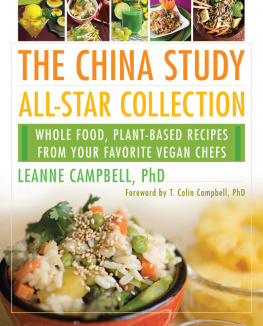
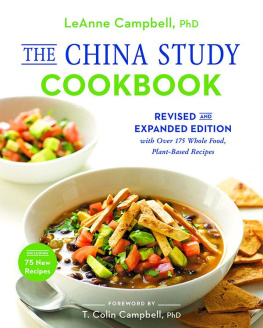
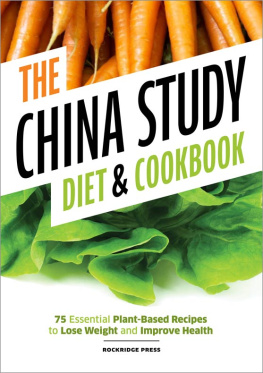
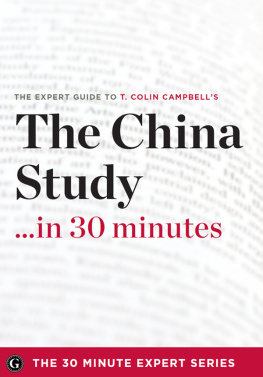
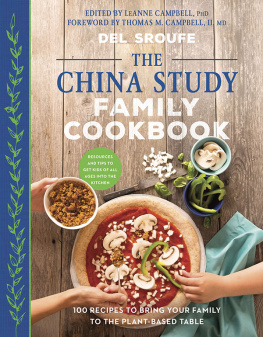
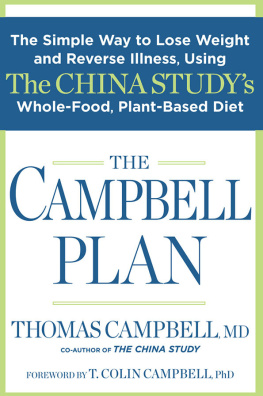
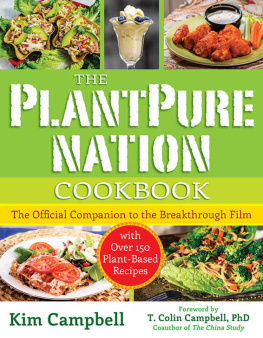
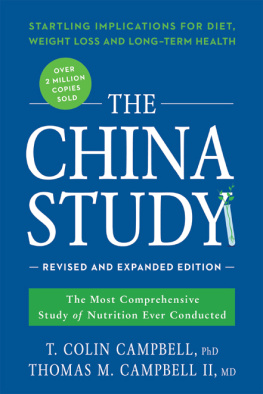

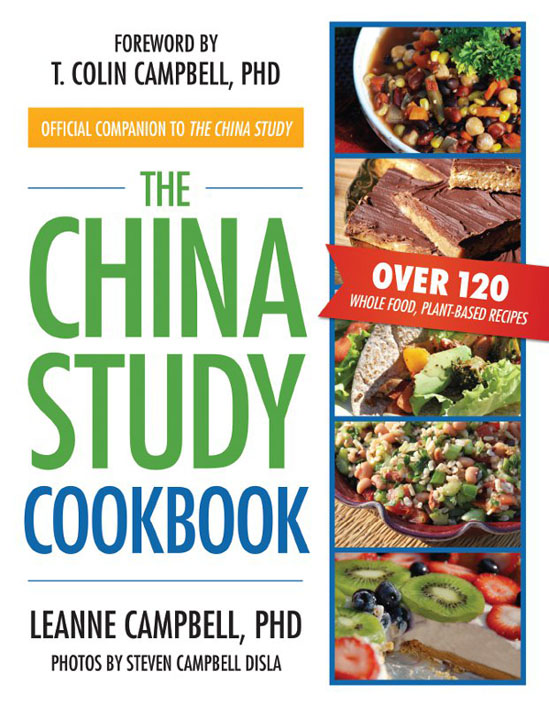 Copyright 2013 by LeAnne Campbell All rights reserved. No part of this book may be used or reproduced in any manner whatsoever without written permission except in the case of brief quotations embodied in critical articles or reviews. Recipes are based on the research of T. Colin Campbell as presented in The China Study (BenBella Books, 2005), by T. Colin Campbell, PhD, and Thomas M. Campbell II, MD.
Copyright 2013 by LeAnne Campbell All rights reserved. No part of this book may be used or reproduced in any manner whatsoever without written permission except in the case of brief quotations embodied in critical articles or reviews. Recipes are based on the research of T. Colin Campbell as presented in The China Study (BenBella Books, 2005), by T. Colin Campbell, PhD, and Thomas M. Campbell II, MD. BenBella Books 10300 N. Central Expressway Suite 530 Dallas, TX 75231 www.benbellabooks.com Send feedback to Printed in the United States of America 10 9 8 7 6 5 4 3 2 1 Library of Congress Cataloging-in-Publication Data is available for this title. eISBN: 978-1-937856-76-2 Editing by Debbie Harmsen Copyediting by Shannon Kelly Proofreading by Brittany Dowdle and Chris Gage Indexing by Jigsaw Information Cover design by Kit Sweeney Text design and composition by Kit Sweeney Printed by Versa Press, Inc.
BenBella Books 10300 N. Central Expressway Suite 530 Dallas, TX 75231 www.benbellabooks.com Send feedback to Printed in the United States of America 10 9 8 7 6 5 4 3 2 1 Library of Congress Cataloging-in-Publication Data is available for this title. eISBN: 978-1-937856-76-2 Editing by Debbie Harmsen Copyediting by Shannon Kelly Proofreading by Brittany Dowdle and Chris Gage Indexing by Jigsaw Information Cover design by Kit Sweeney Text design and composition by Kit Sweeney Printed by Versa Press, Inc.